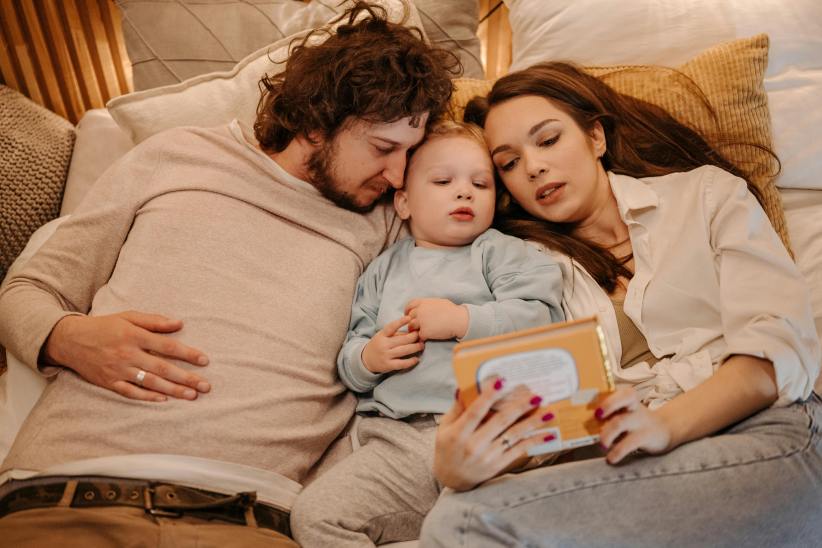It’s hard to imagine putting your newborn through the pain of a shot. But a little stick early in life is an important first step to protecting your baby against a deadly disease.
Hepatitis B is a contagious liver disease caused by the hepatitis B virus. This infection can range from a very mild illness with few or no symptoms to a serious condition requiring hospitalization. Some people are able to fight the infection and clear the virus. But for others, the infection lingers throughout their life.
The virus spreads through blood or other body fluids that contain small amounts of blood from an infected person. People can spread it even when they have no symptoms. Babies and children can contact the hepatitis B virus in the following ways:
• At birth from their infected mother.
• Being bitten by an infected person.
• By touching open cuts or sores of an infected person.
• Through sharing toothbrushes, wash cloths, or other personal items used by an infected person.
• From food that was chewed (for the baby) by an infected person.
The virus can live on objects for seven days or more. Even when blood is not visible, there could be virus on an object.
Why do we immunize children against hepatitis B? It is important to know that children are at much greater risk of serious complications of this disease than adults are. While 10 percent of adults become chronic carriers of hepatitis B virus after acute infection, 90 percent of infants run this risk, half of whom will develop liver failure. In the perinatal period, 70 to 90 percent of babies whose mothers are positive for hepatitis B surface antigen will acquire the infection from their mothers without intervention.
The hepatitis B vaccine is not a blood product. It is produced by recombinant DNA technology and has 90 to 95 percent efficacy in preventing acquisition of this disease for at least 15 years from immunization. It is the only vaccine that is reliably immunogenic (protective) in the newborn period. A major determinant of its effectiveness is early initial dose.
For those parents who are convinced that their child will not engage in high-risk behaviors, it is worth noting that in 2008, activities such as attending school and playing sports might be considered “high-risk behaviors.” The assumption today is that universal precautions are taken and that all children are vaccinated when they attend school; therefore, another child with hepatitis B who accidentally sustains an injury on the basketball court that results in a cut or bleeding should not be a threat to another child.
The Advisory Committee on Immunization Practices of the Centers for Disease Control and Prevention recommends that all delivery hospitals establish orders for routine administration of hepatitis B vaccine to newborns. This vaccine strategy mandates universal, immediate initiation of the vaccination to all medically stable newborns, as strategies based on identifying high-risk mothers have not been effective due to late transmission in pregnancy and frequent suboptimal prenatal care. This recommendation is supported by the New York State Department of Health.
Why should your baby get the hepatitis B shot at birth? The birth dose:
• Protects your baby against a potentially serious disease.
• Prevents unrecognized perinatal transmission and prevents transmission from family members due to unrecognized chronic hepatitis B virus infection in the household.
• Prevents your child from developing liver disease and cancer from hepatitis B.
All babies should get the first shot of hepatitis B vaccine before they leave the hospital. This shot acts as a safety net, reducing the risk of getting the disease from moms or family members who may not know they are infected. At Richmond University Medical Center, we practice the universal birth dose vaccine strategy to protect and provide a safety net for all our newborns.
For more information, visit www.cdc.gov and www.immun
Dr. Nonyelum Ebigbo is a Pediatric Resident at Richmond University Medical Center on Staten Island. For more, contact her at nebig






















